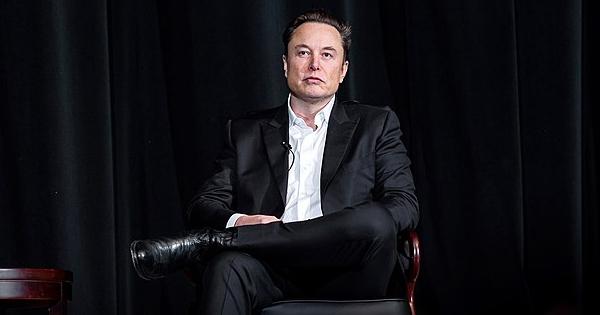
Nationwide — Elon Musk spent a staggering $21 million in a failed effort to swing control of the Wisconsin Supreme Court to conservatives, including paying two voters $1 million each to sign a petition ahead of the election. His financial backing helped make the judicial race the most expensive in U.S. history. Despite his efforts and high-profile presence—including campaign rallies and aggressive digital messaging—Musk’s chosen candidate, Brad Schimel, lost by 10 percentage points. That margin was notably wider than the defeat suffered by another Republican on the same statewide ballot, who wasn’t tied to Musk’s political machine.According to AP News, Musk’s involvement turned a state-level judicial race into a national proxy battle over the direction of American democracy. Drawing from tactics he used to support Donald Trump’s 2024 presidential win, Musk poured money into canvassing, digital outreach, and incentive-based activism. America PAC, a super PAC he funds, spent millions hiring vendors to send people door-to-door across Wisconsin, urging voters to support Schimel. His group also offered financial rewards to individuals who signed petitions or helped recruit others, with some canvassers reportedly receiving $100 for each new referral.
Despite the influx of cash and national attention, Democrats were able to mobilize significant voter turnout, especially in traditionally liberal strongholds like Madison and Milwaukee. However, Musk’s presence seemed to backfire even in more moderate and conservative-leaning regions. In places like Sauk County—won by Trump in 2024—liberal candidate Susan Crawford led by double digits. Even Brown County, where Musk held a well-attended rally just days before the election, swung in favor of Crawford on election day.
Crawford, a judge from Dane County, positioned Musk as the face of a broader campaign to “buy the courts.” In her victory speech, she called out the unprecedented scale of outside spending and praised Wisconsin voters for rejecting what she described as an attempt to undermine democracy. “Our courts are not for sale,” she said to supporters, adding that the results sent a powerful message about the integrity of the judiciary and the resilience of voters in the face of billionaire influence.
Musk responded to the loss on his social media platform X, suggesting the election was part of a broader left-wing attempt to “corrupt the judiciary.” While he downplayed the defeat, claiming it could offer strategic value in the long term, many within the GOP questioned his decision to become so publicly involved in a race that was already expected to favor Democrats. Political strategist Marc Short, a former adviser to Mike Pence, said Musk’s heavy presence might have actually hurt Schimel’s chances by turning the race into a referendum on Musk himself.
The Wisconsin race may mark the beginning of broader voter resistance to billionaires using their wealth to sway elections. As Musk’s influence grows within conservative politics and the Trump administration, Tuesday’s results serve as a reminder that high-dollar campaigns don’t always translate into wins—especially when voters are energized by concerns over fairness and transparency. For many in Wisconsin, the election wasn’t just about one seat on the state’s highest court—it was about the principle that no one, not even Elon Musk, should be able to buy the outcome of an election.
